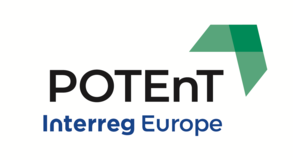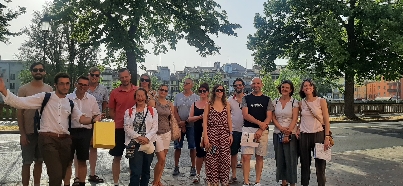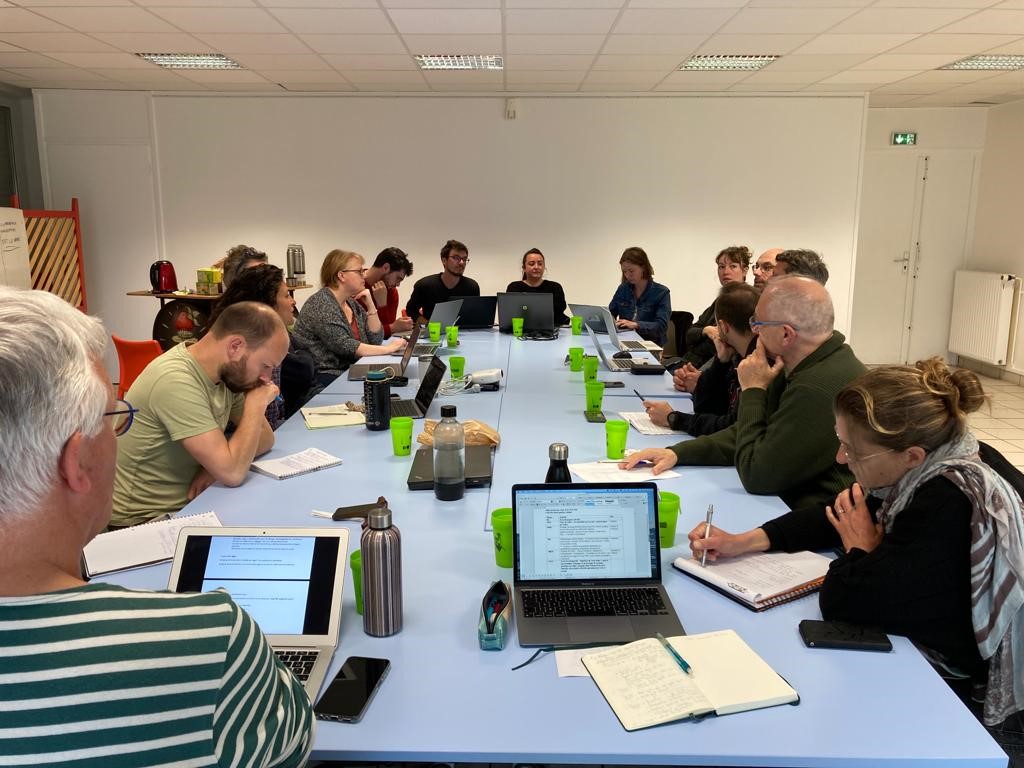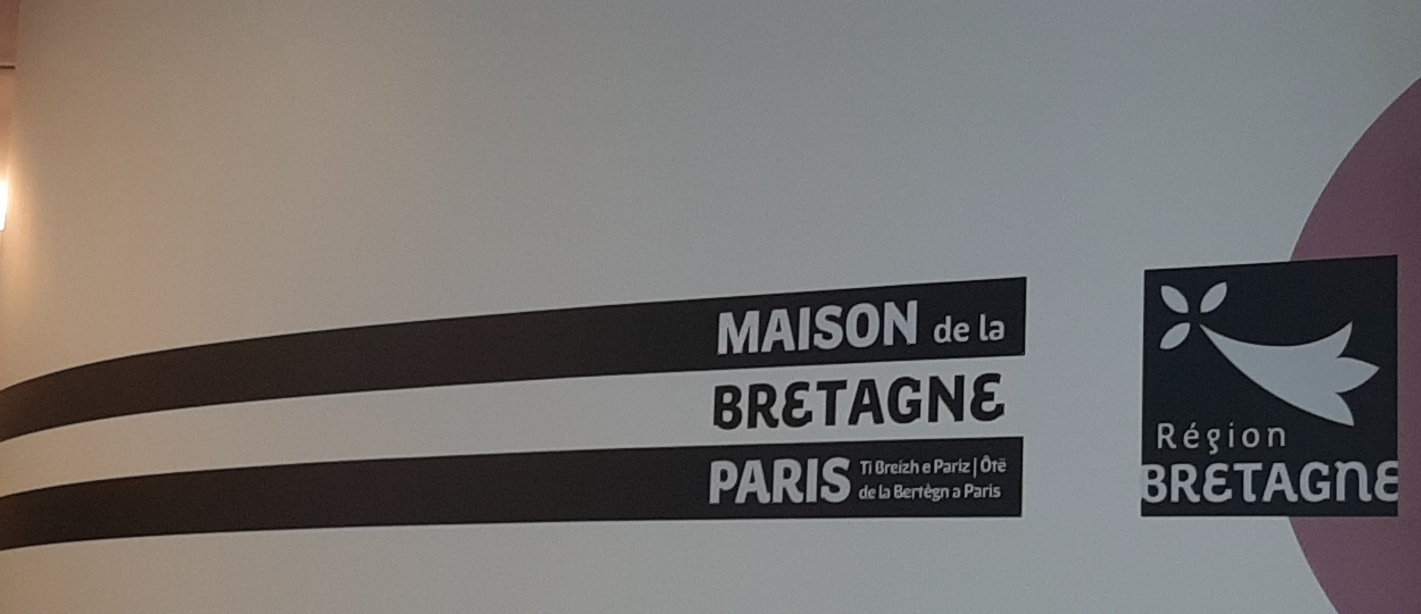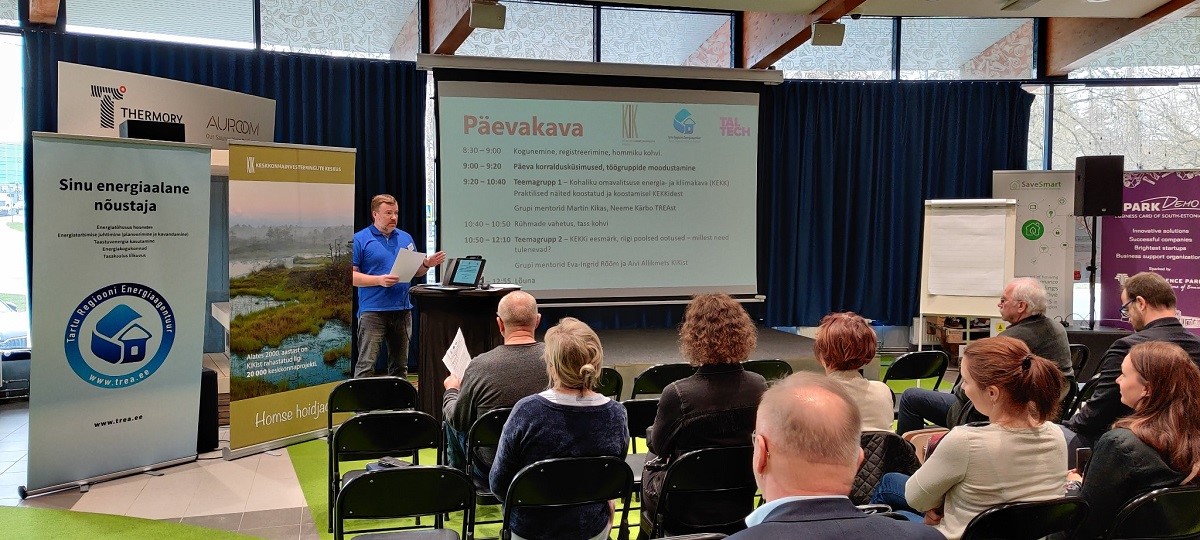The addressed policy instruments are the Operational Programme (OP) for Cohesion Policy Funds Priority axis 2.6 Energy Efficiency Investment and axis 2.9 Sustainable Urban development: supporting sustainable development strategies of five larger urban areas in Estonia, one of them being Tartu.
The action plan is improving the smart energy management and sustainable development strategies of municipalities. Smart energy management (under axis 2.6) will be improved by developing the national energy management system that will help to collect, store, organize, analyze and visualize the consumption data of the energy services. Sustainable development strategies (under axis 2.9) will be improved by localizing and supporting the usage of the sustainable energy planning methodology. It’s the only national action plan in the POTEnT project consortium.
The preparation process was utilizing the collective knowledge of the project consortium, learning good examples from Sweden, UK, Check Rep and others. Most notably the Centralized Utility Bill Payment & Monitoring, demonstrated by Milton Keynes Council (UK) and Smart Water Metering system demonstrated by City of Ostrava (Cz) were the most suitable examples of the automatic realtime monitoring systems for public services provided by the partners. In the context of sustainable planning, Växjö Energi 100% (fossil free production) demonstrated by Energy Agency for Southeast Sweden (SE) is a prominent example of integrated energy planning on municipal level. At the same note, Local Carbon Offset Fund as demonstrated by Milton Keynes Council (UK) is an example of innovative climate impact intervention on local level, combining also a financial tool for further carbon reduction.
Due to two different objectives the action plan is developed in two parts divided as action 1 and action 2, addressing the correlating objectives.
Action 1 Energy Management System for Estonian municipalities is creating a policy for setting up energy management procedures, protocols and tools for the municipalities including a data collection and analysis, energy efficient building retrofitting and setting up energy communities. During the phase 1 of the POTEnT project TREA has supported the municipalities with the guidance about setting up energy management and collecting data about energy services. This has helped to understand the existing practices of municipalities and map the data sources. During the phase 2 TREA will support the development of the centralized data collection system for the municipalities and integrate the existing energy data streams into the new platform.
Parallel to that TREA will support the municipalities on energy data collection, energy efficiency retrofitting and setting up energy communities.
Action 2: Sustainable Energy and Climate Planning for Estonian municipalities is improving a methodological framework for sustainable energy planning and sets up user cases for implementing this methodology among the municipalities. Basis for the methodology will be the publicly available methodology developed by the European Commission and Covenant of Mayors network for developing Sustainable Energy and Climate Action Plans. During the POTEnT project TREA has been already supporting municipalities setting up the sustainable energy policies with the methodological work. This has helped to better understand the local context for sustainable energy planning. During the phase 2 of the project TREA will support the development of national energy plan with methodological guidance based on the sustainable energy planning concepts.
